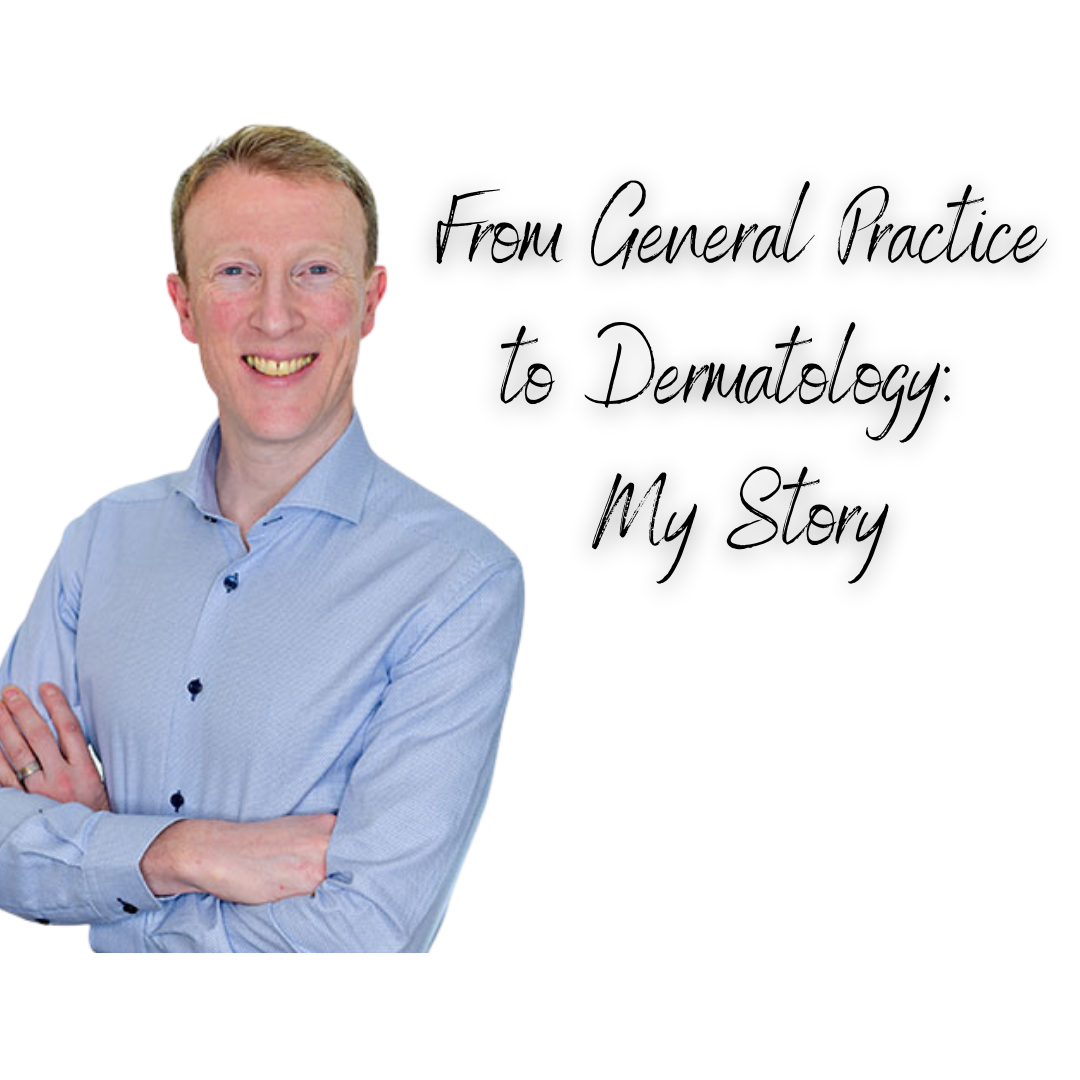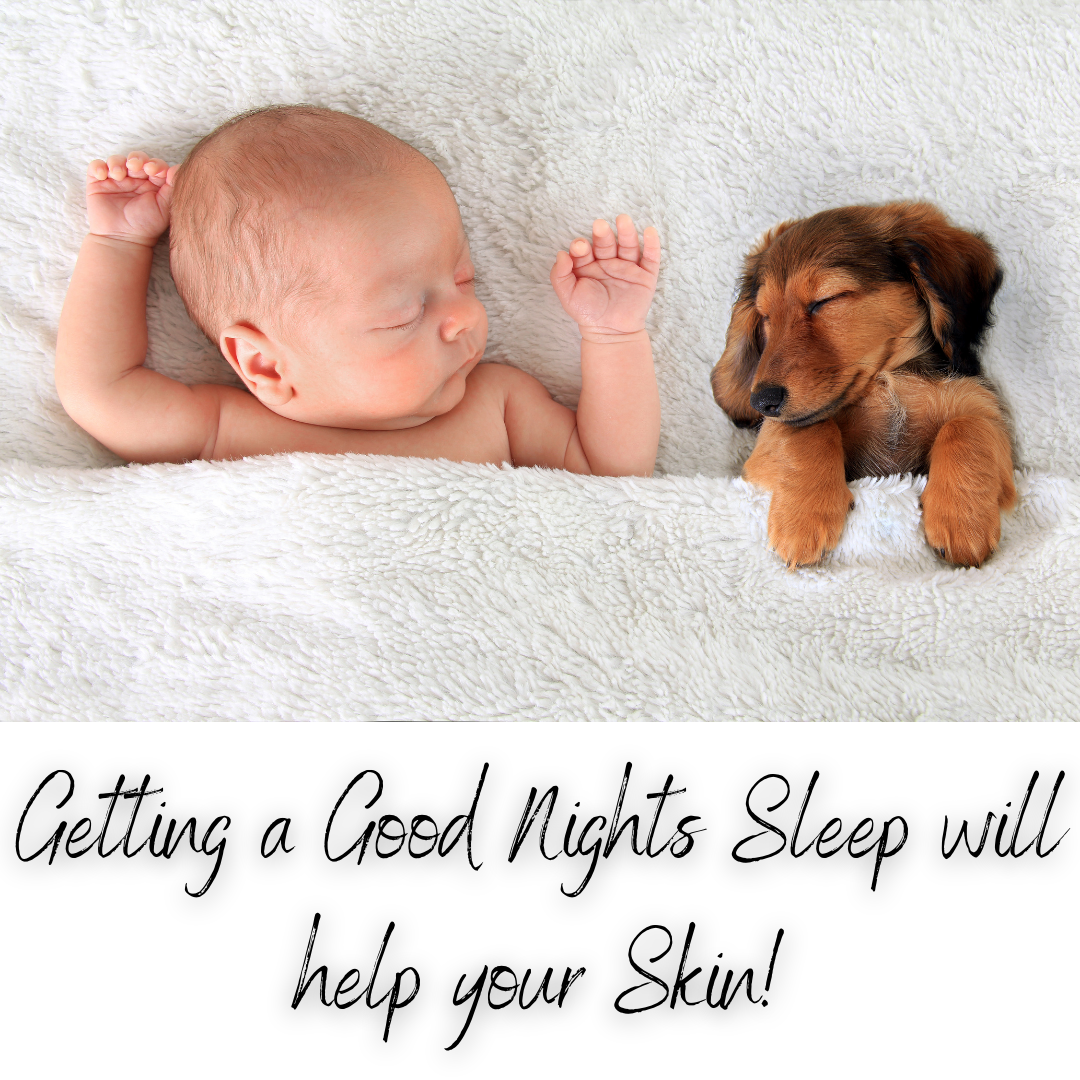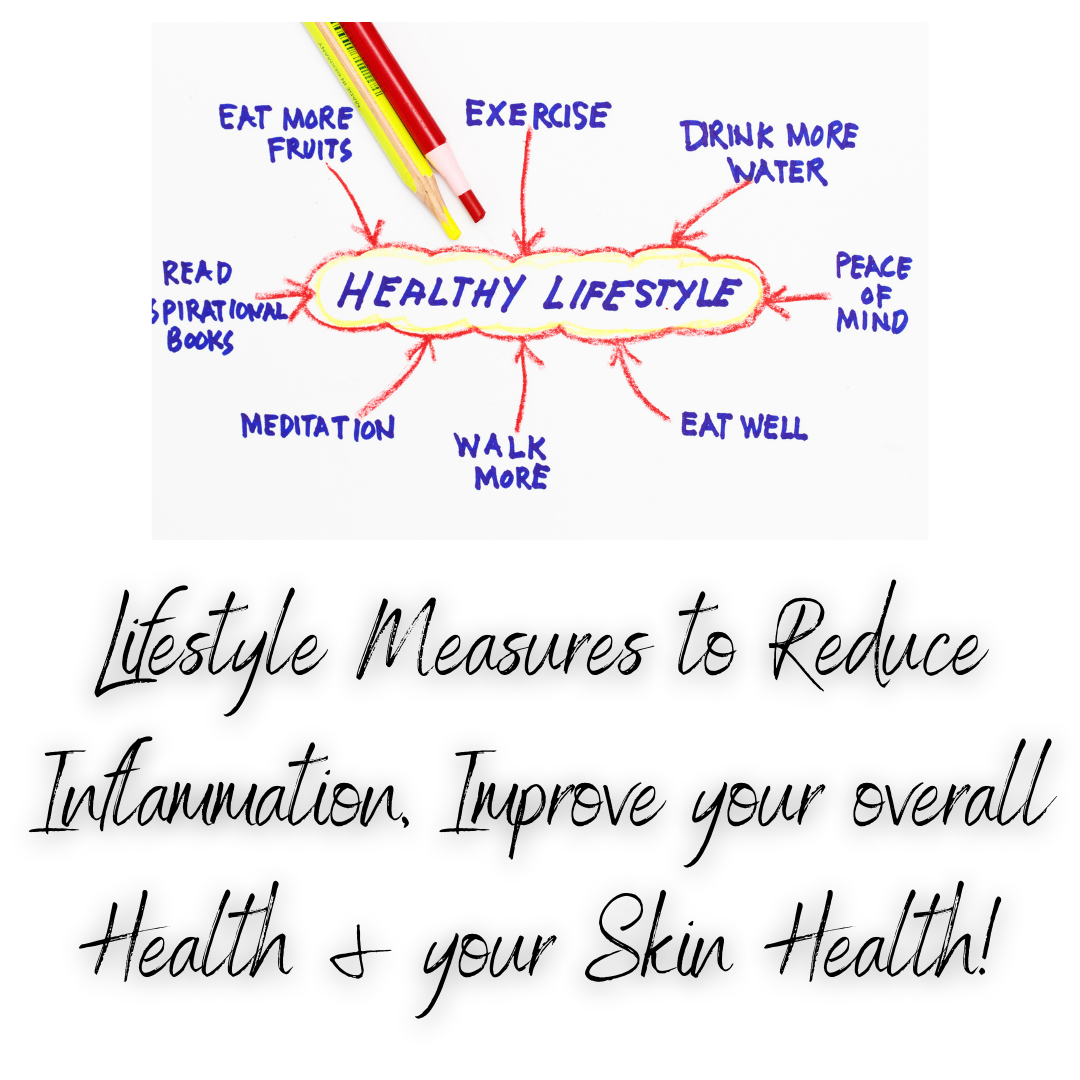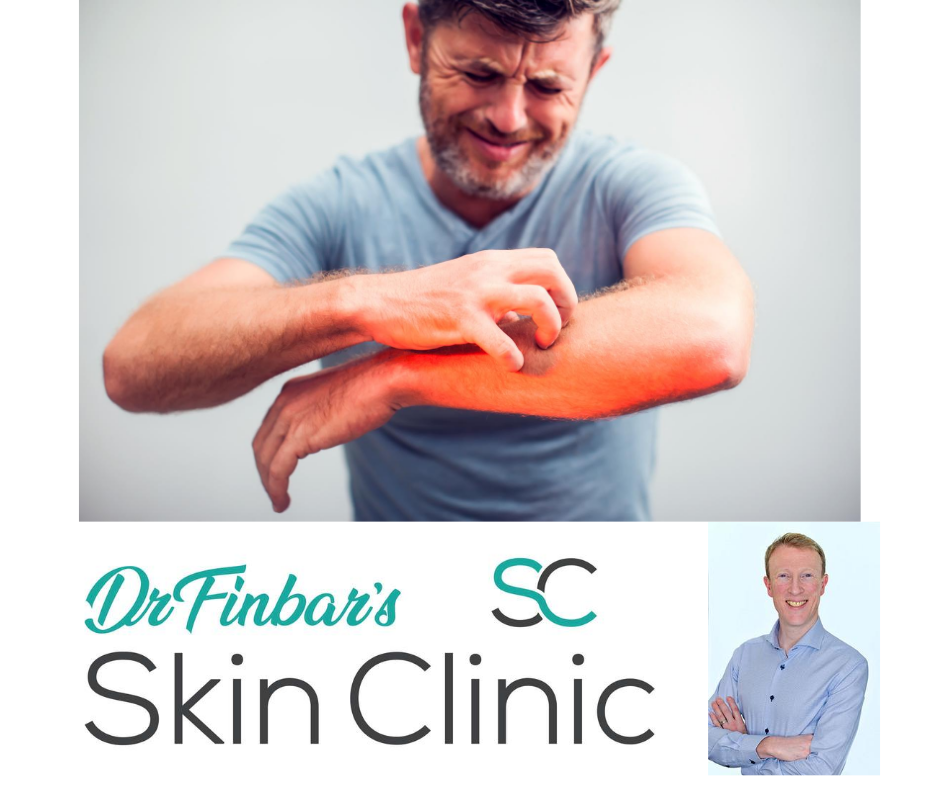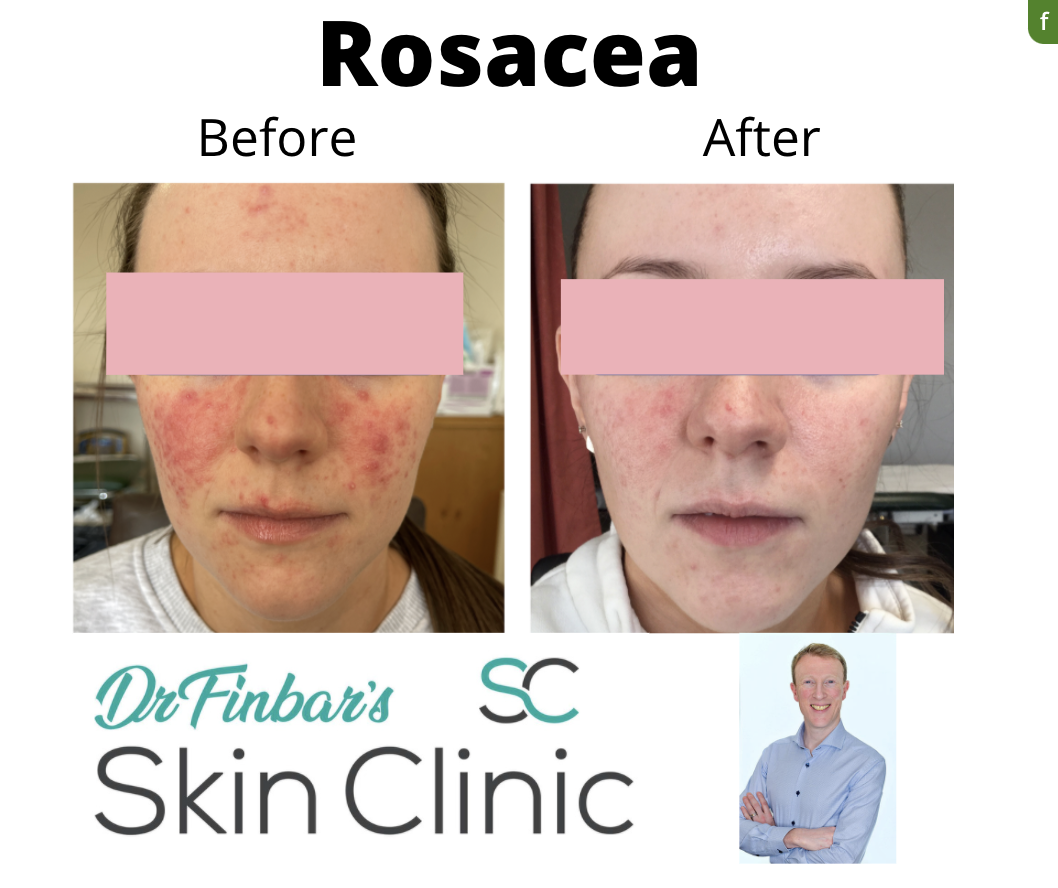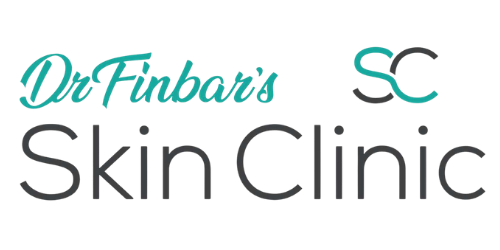ACNE
Background
Acne is a very common skin condition. I didn’t get rid of my own acne completely until my late 30s when I changed my diet, lifestyle and overall health!
It mainly affects the oily parts of our bodies: the face, chest, shoulders and back. Severity varies from mild whiteheads and blackhead to pustules, spots, and painful larger swellings.
What Causes Acne?
There are 4 main stages to the development of acne:
- 1. Excess grease / oil / sebum (hormonal) produced by glands on the face chest and back.
- 2. Comedone formation (white & black) because the dead cells lining skin pores get stuck and clog up the hair follicles. Although scrubbing, popping spots and exfoliating to hard will make things worse! The only difference in black heads and white heads is that white heads have a thin layer of skin covering them and blackheads don’t, this means the oil in the pore is open to the air and becomes oxidised which makes it turn back- a bit like the way exposed metal may rust. They are not due to poor hygiene.
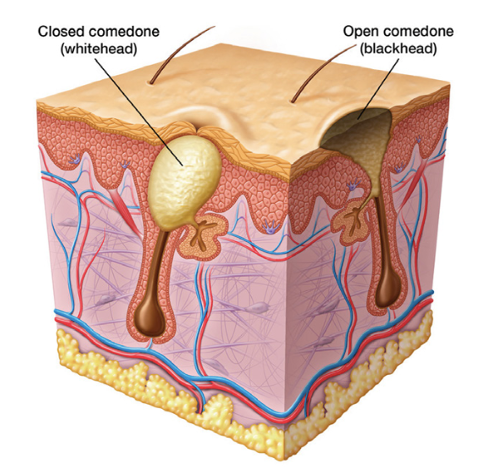
- 3. Colonisation with bacteria / an upset in our skin biome and gut microbiome.
- Our skin (and guts) are like a healthy rain forest of different bacteria and other microbes and they help keep us clean (and in the gut help us absorb food and many other beneficial things) The bacteria causing problems is acne is only because of that build up of oil and the dead cells clogging up the pores.
- 4 Inflammation. The multiplication of the bacteria due to the increased oil and blocked pores triggers inflammation which then causes the spots and pustules.
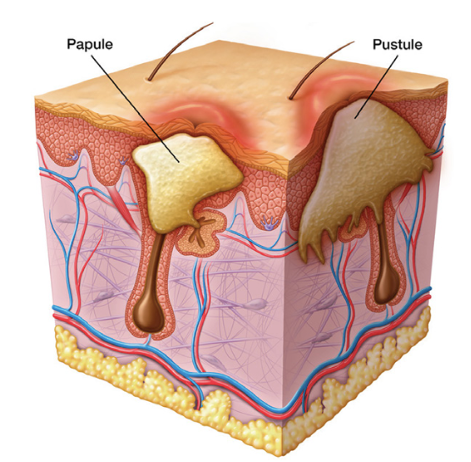
- Other hormonal disorders (e.g. Polycystic Ovaries) and supplementing with anabolic steroids can trigger acne. In the vast majority of people hormone levels are completely normal and there is no need to measure them or do any other blood testing.
Things which can make your Acne worse:
Too much Stress
Poor Dietary choices
Poor Sleep
Cosmetics! (e.g. Oil based cosmetics, moisturisers and make up.)
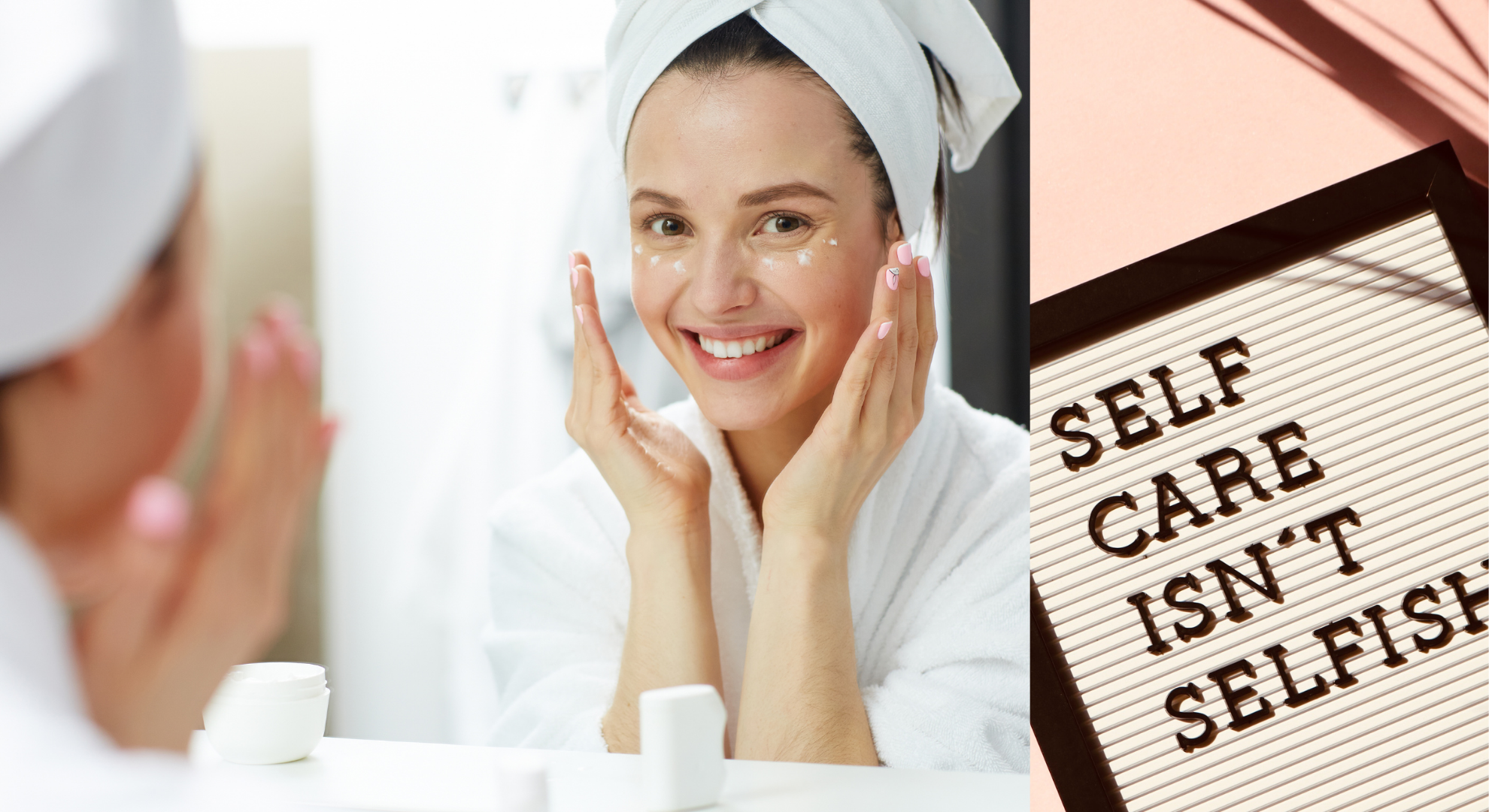
Acne Self Care:
Do's & Don'ts
- Don’t pick or squeeze spots as this can cause scarring
- Do improve your Diet (see link above)
- Do use only oil free or water-based Products/cosmetics and make up.
-
Choose products with labels marked as:
- ‘non-comedogenic’ or
- ‘non-acnegenic’ or
- 'for acne prone skin' or
- 'oil free'
- This includes cleansers, moisturisers and make ups.
Cleansers:
Did you know your skin is normally acidic (pH 5-5.5). Water has a pH of 7-7.5, so if you wash with water alone you will make your skin less acidic- this is a bad thing! (Soap is even worse! pH 8-9). Washing with water alone reduces the barrier function of your skin and also reduces the good fats/ lipids we need and increases the activity of harmful bacteria!
Do use a cleanser: with a gentle cleanser (oil free) morning and night. Don’t scrub! As it can make acne worse. (For advice on the best cleanser for your acne click on the button below)
Moisturisers:
It is possible to have oily areas and areas of dry skin at the same time!
The type of excess oil produced by the glands in patients with acne is pro inflammatory.
Some of the treatments I prescribe may cause dryness by reducing those oils. Therefore, we need to replace those oils with less inflammatory oils and that is why should use a moisturiser - *follow the rule above- it should be oil free! (For advice on the best moisturiser for your acne click on the button below)
UV protection
Its important for everyone to protect their skin from UV (Ultra Violet / sunlight). Some people with acne find they break-out chemical sunscreens, so look for a mineral sunscreen which are based on zinc oxide or titanium dioxide.
If you have been prescribed a retinoid this is even more important.
Skin Consultation with Dr Finbar & Dr Christine
At our consultation I will talk to you about your concerns and confirm the diagnosis (not everyone has acne!)
I will discuss a range of treatments depending on the severity of your acne. These may include general advice on lifestyle as described above and advising on what skin cleansers and moisturisers to use. I will take into account your personal views and health practices.
I prescribe a range of treatments (some) not available to your GP. These depend on how severe your acne is and what treatments you have used in the past.
Treatments include range of creams, gels and oral medications. Prescriptions may include a selection from benzoyl peroxide, salicylic acids, retinoids (topically), antibiotics (topically or orally), and roaccutane.
How to Apply Prescription Retinoid:
Usually I advise to start slowly with your retinoind. This may mean a few weeks using for a few hours a day and washing off, or building up gradually over the course of time.
It can make you more sensistive to sunlight, so use at night-time as follows:
(Links to recommended moisturisers and cleansers can be found on this page)
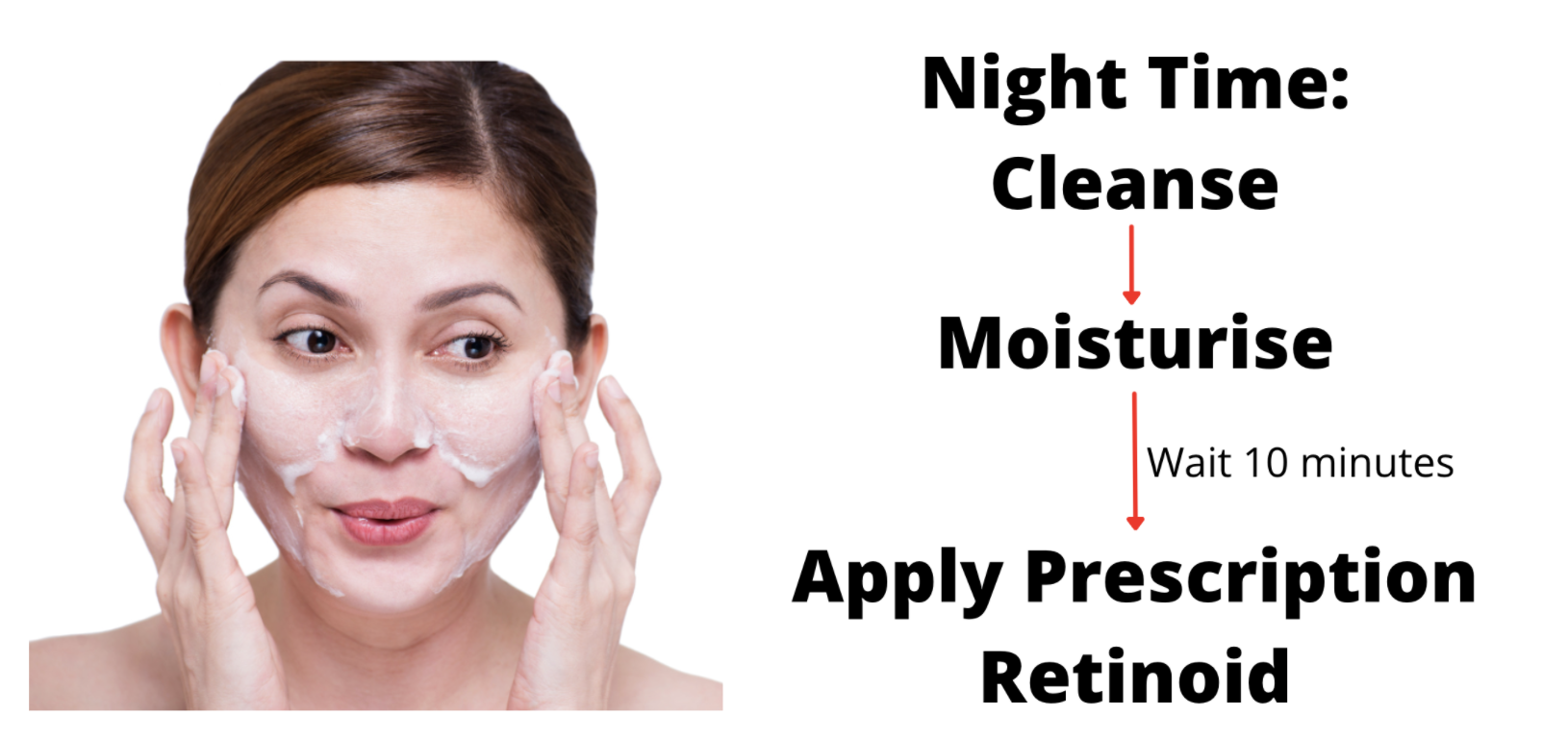
Isotretinoin
Isotretinoin (Roaccutane) is a powerful form of Vitamin A (retinoid) and is used in more severe cases; this requires blood testing, and pregnancy testing in females. (Click Below for pricing information on a course of Roaccutane).
Share this post on:
Dermatica Skincare Products: For 10% off enter code DRFINBAR at checkout:
Copyright © 2023 Dr Finbars' Skin Clinic All rights reserved.
